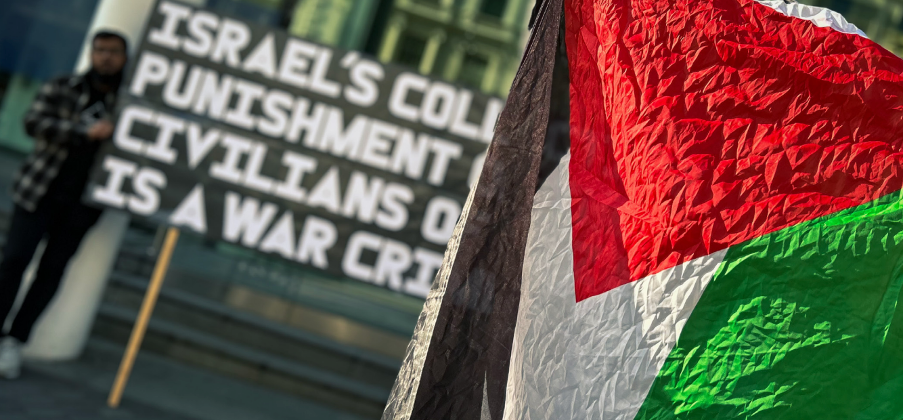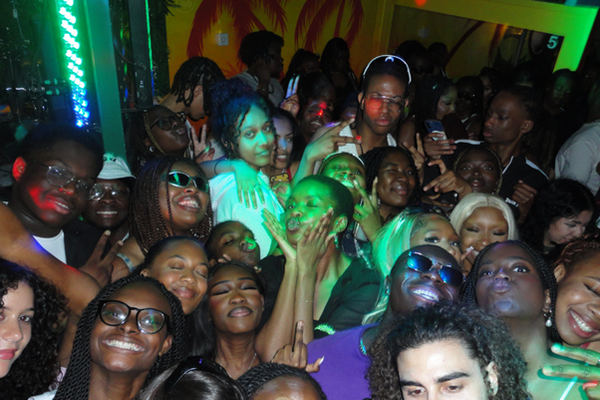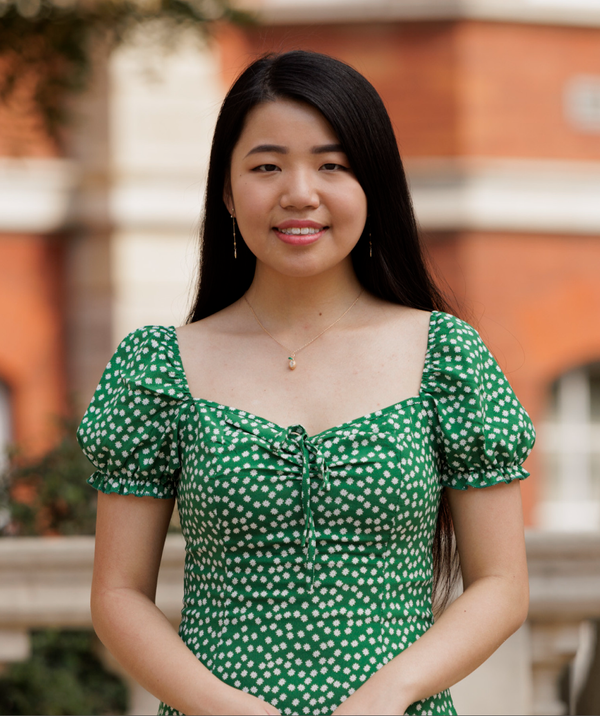On the BrownU Palestine protests
And why you should be worried about your rights as a student.

We like to think of prestigious universities such as our own as guardians of free speech. We look to these institutions to foster intellectual diversity; we trust them with the mission of making our world a more equitable place. However, there is a stark difference between their rhetoric and their actions.
In a decisive move against the right to freedom of expression, the police arrested 20 students at Brown University, in Providence, US, for protesting for an immediate ceasefire to the ongoing conflict in Gaza.
Last Wednesday, the advocacy group ‘BrownU Jews for Ceasefire Now’ staged a peaceful sit-in protest on campus. Its message was clear, with its statement reading: ‘In light of the ongoing genocide occurring in Gaza backed by American aid, weapons, media, politicians, and academic institutions, we, BrownU Jews for Ceasefire Now, call on Brown University to do its part to promote an immediate ceasefire and a lasting peace by divesting its endowment from companies that enable war crimes in Gaza.’
Editor's note: The 41 students were charged with 'willful trespass within school buildings', following a warning that if they did not leave by 6pm they would be arrested, reports The Hill. Brown University said the disruption to ‘secure buildings’, resulting from the protest, was ‘unacceptable’.
This is far from an isolated case – pro-Palestinian students have been consistently shunned by the university’s media. The pro-Palestinian movement is universally being painted as anti-Semitic; however, this accusation could not be further from the truth – as Ariela Rosenzweig, a researcher at Brown, explained, upon being interviewed by the Boston Globe. “As Jewish students, we’ve had enough of our university co-opting our identities to justify maintaining financial ties to an apartheid state and suppressing advocacy for Palestinian liberation.”
In response to the protest, the local police forcibly removed them from campus. Despite being part of a university that seeks to ‘elevate voices across campus through a culture of questioning and active participation’, as it claims to on its Admissions page, these students were met with unwavering hostility. This is just the most recent addition to a list of incidents in which student voices have been silenced.
But why should this matter to you, a student at Imperial? Together, with scholars from all around the world, we form a tight-knit community. We are the thinkers and leaders of tomorrow – yet, people such as us have had their rights stripped away by those they trusted most. Even as you are reading this, student voices are being suppressed. The right to freedom of expression cannot be applied selectively; everyone must have the right to express their beliefs, and we must stand in solidarity with those who cannot.
When interviewed by the non-profit newsroom Prism Reports, Stephen Hamad, a student representative of the group ‘Students for Justice in Palestine’ at George Washington University, commented that “there’s particularly a reason why they focus so much of this repression on the student movement. And that in our eyes is because they understand the student movement is being a significant material threat [to the oppressor’s narrative.]” Referring to the “scare tactics” used by institutions, Hamad continued by saying that instead of relying on US institutions, they, “find safety in the fabric of mutual care and in the fabric of community-centred and collective action”.
Imperial is a diverse community. We come from all corners of the globe and all walks of life. Because of this, we fight many battles. As a collective, we advocate for a great plethora of causes; we each raise our voices in the hope of making our world a better place. We should not stand idly as our peers are forced to stay silent.
This is not just a Palestinian problem. If we accept the silencing of the Palestinians, we accept that we ourselves can and will be silenced.
An editor's note was added to this article on 5th February 2024, following a complaint that the sequence of events as detailed in the original piece provided insufficient context.









